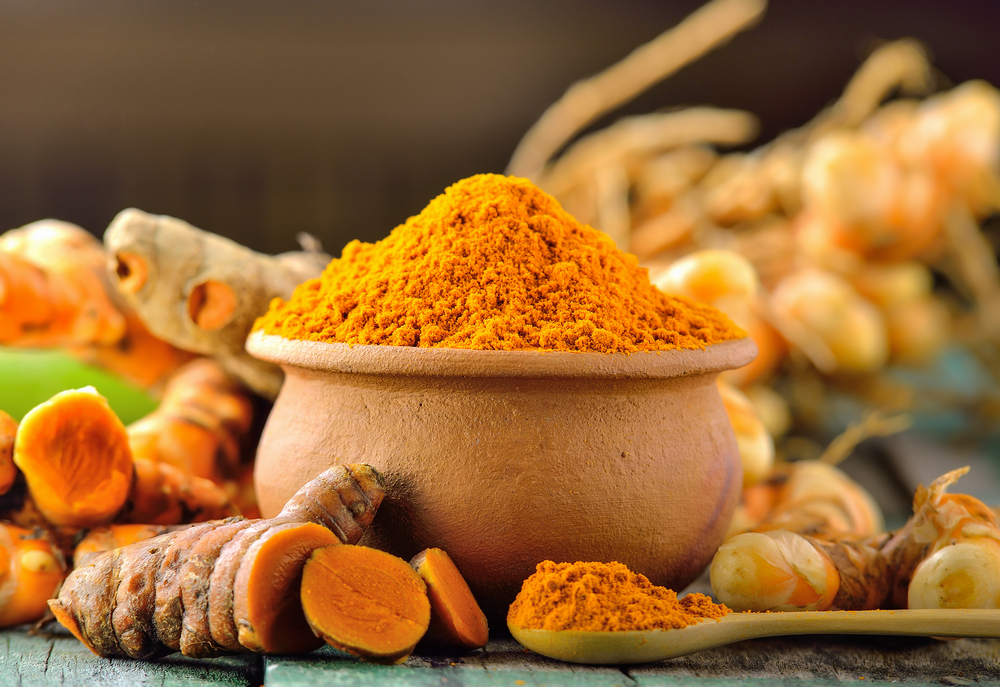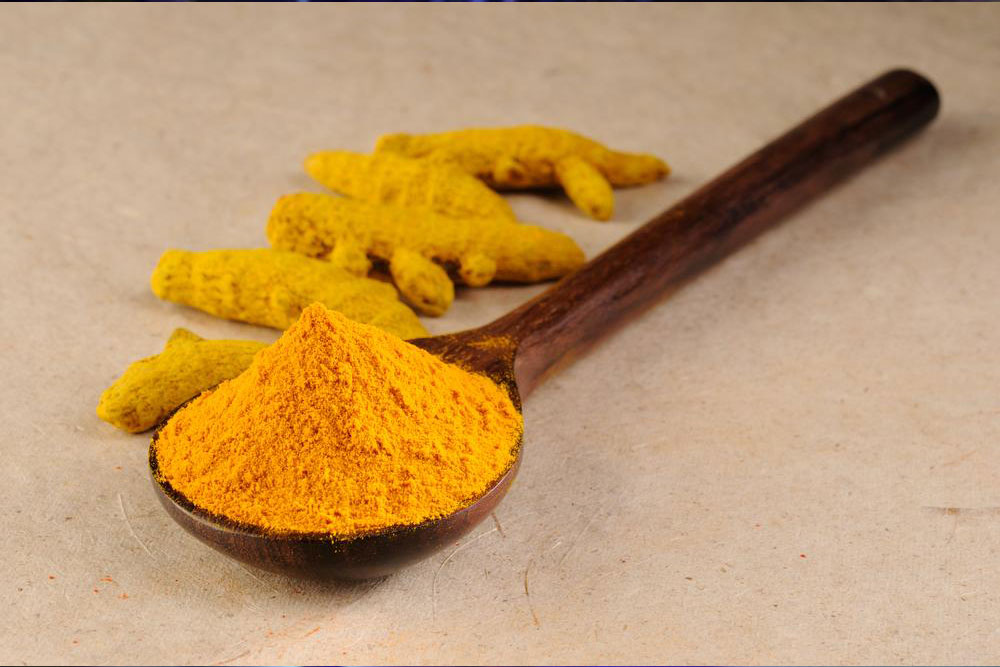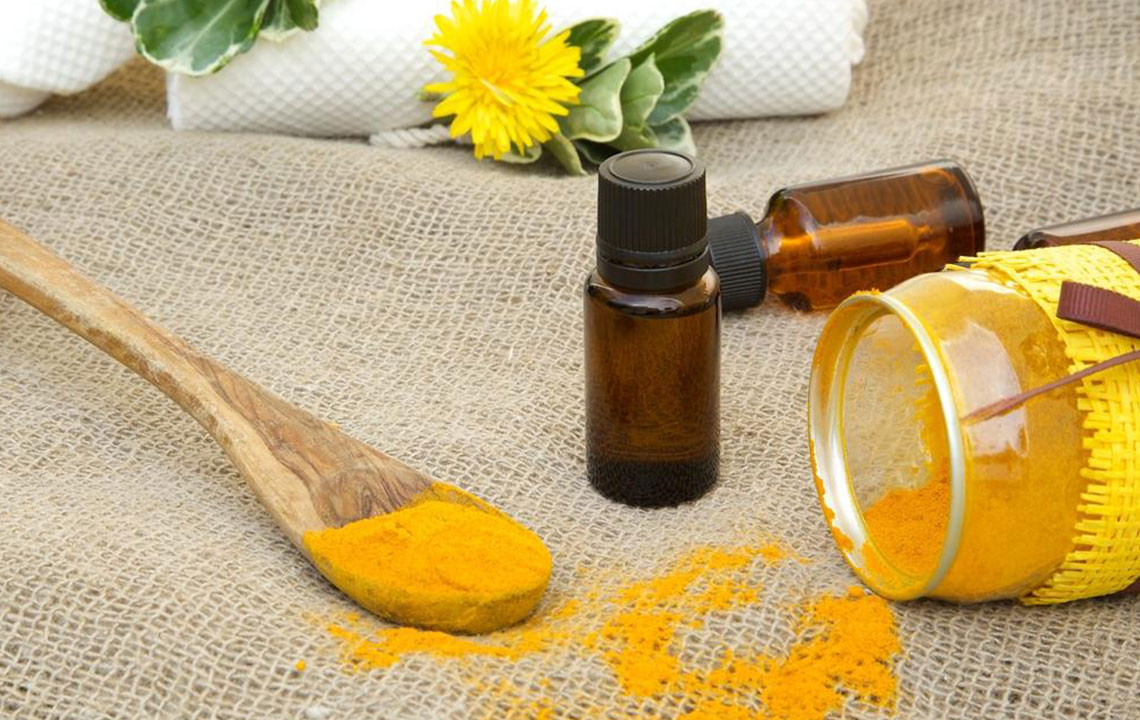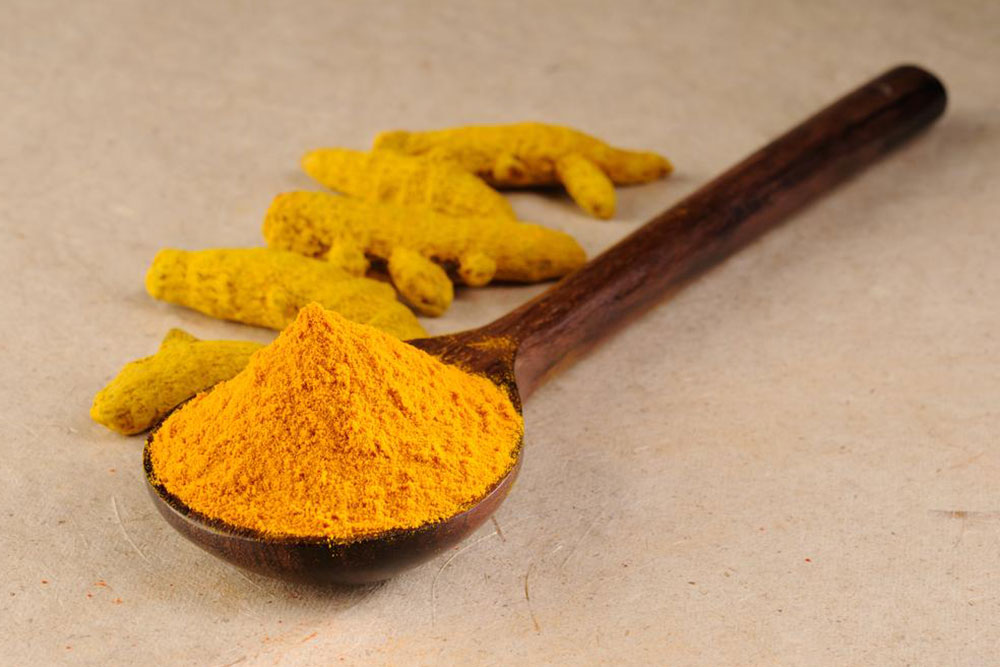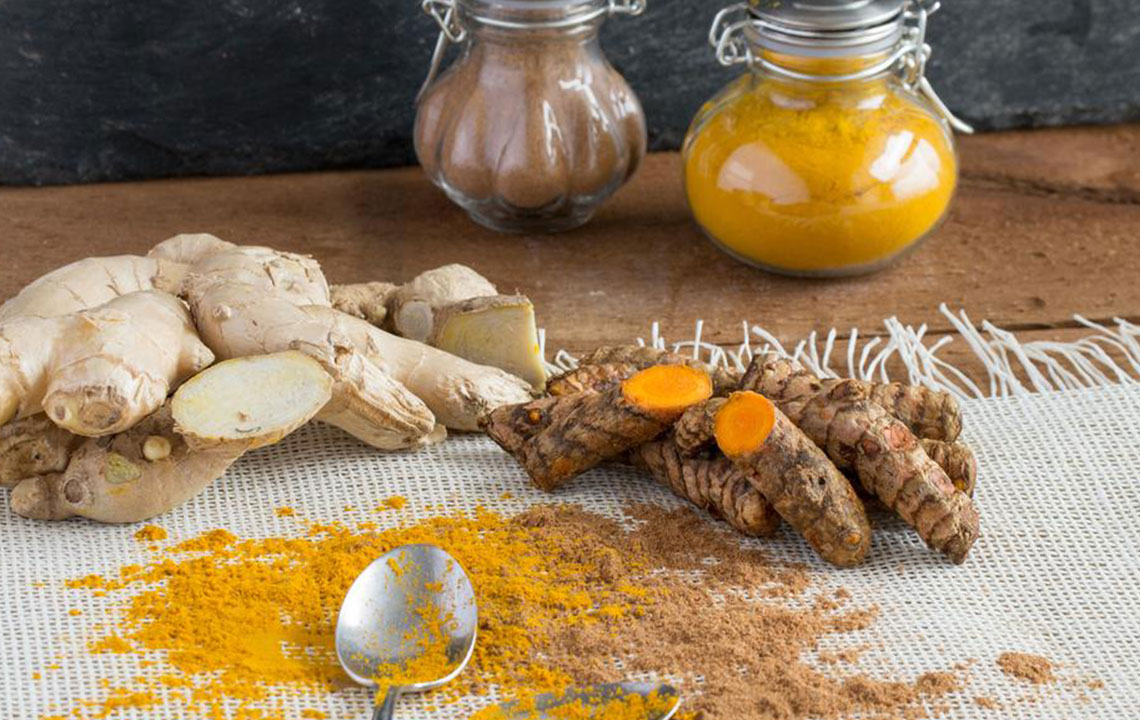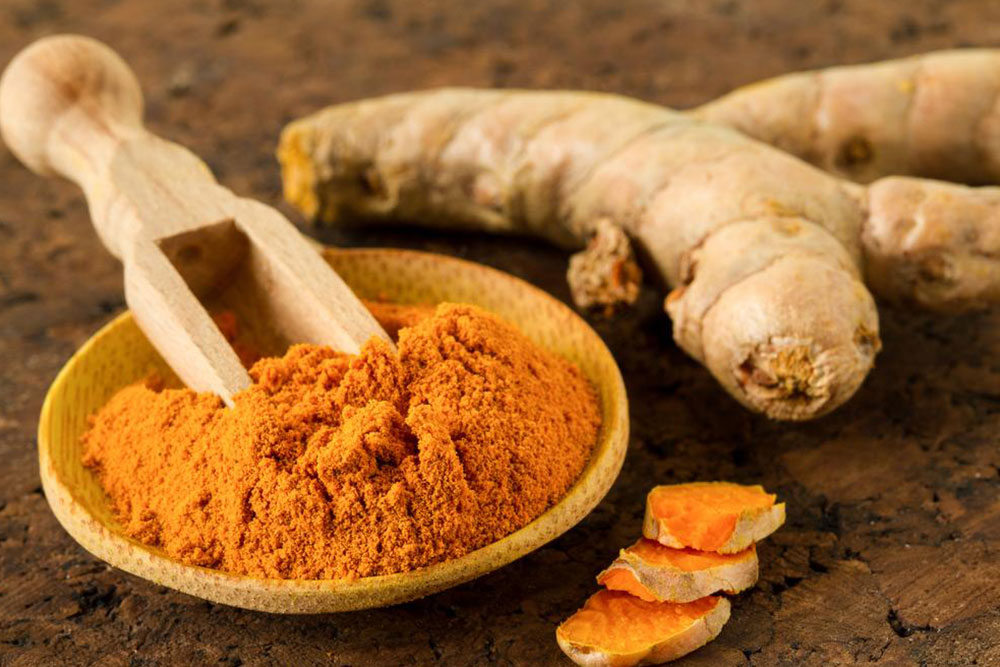Harnessing the Therapeutic Benefits of Turmeric for Arthritis Management
Discover the natural healing potential of turmeric in managing arthritis. This comprehensive guide explores how curcumin, the active compound in turmeric, reduces inflammation, alleviates joint pain, and supports cartilage health. With scientific evidence and clinical trials, learn how turmeric can be a safe, effective complement to traditional arthritis treatments, helping millions improve their quality of life. From antioxidant properties to immune modulation, find out why turmeric is gaining recognition as a powerful natural remedy for arthritis relief.
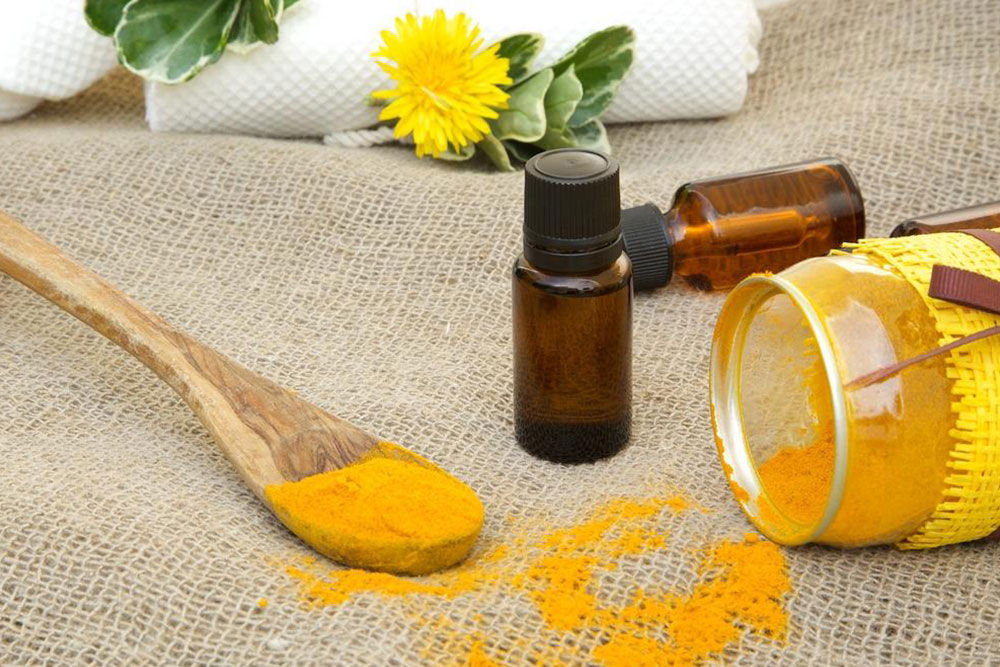
Harnessing the Therapeutic Benefits of Turmeric for Arthritis Management
Recent scientific research has increasingly emphasized the remarkable potential of turmeric, particularly its active compound curcumin, in providing relief from arthritis symptoms. As a natural anti-inflammatory agent, turmeric offers a promising alternative or complementary treatment for those suffering from various forms of arthritis, including osteoarthritis and rheumatoid arthritis. This detailed exploration aims to shed light on how turmeric can aid in alleviating joint pain, reducing inflammation, and improving overall joint health, backed by clinical evidence and scientific studies.
The Growing Burden of Arthritis in the United States
Arthritis remains a significant health challenge in the United States, impacting over 54 million adults according to recent estimates. Rheumatoid arthritis, a chronic autoimmune disorder characterized by joint inflammation, affects approximately 1.3 million Americans. The disease can cause persistent pain, swelling, stiffness, and progressive joint damage, often leading to disability. Within a decade of diagnosis, nearly 50% of individuals with arthritis report significant impairments in daily activities and work productivity. This staggering statistic underscores the urgent need for safe and effective treatments that can improve quality of life for those impacted.
How Turmeric Alleviates Arthritis Symptoms: Clinical Evidence
Clinical trials and scientific studies have consistently demonstrated that turmeric extract possesses powerful anti-arthritic properties. Patients with osteoarthritis, the most common form of arthritis characterized by cartilage degeneration, have experienced significant reductions in joint pain, stiffness, and swelling after using turmeric supplements. Evidence suggests that turmeric's effectiveness may even surpass some conventional NSAID medications, especially when formulated for high bioavailability.
Antioxidant and Anti-Inflammatory Effects of Curcumin
The therapeutic potential of turmeric largely stems from curcumin, a potent antioxidant compound that helps neutralize harmful free radicals responsible for oxidative stress—a major contributor to joint tissue damage in arthritis. Commercial turmeric extracts can contain up to 94% curcuminoids, making them highly effective in fighting inflammation and promoting joint health.
The Science Behind Turmeric’s Power Against Arthritis
Oxidative stress results from an imbalance between free radicals and antioxidant defenses, leading to cellular damage and inflammation in joint tissues. Turmeric’s rich antioxidant profile helps restore this balance, thereby alleviating symptoms and slowing disease progression. Additionally, the anti-inflammatory effects of curcumin inhibit key enzymes and cytokines involved in inflammatory pathways, reducing joint swelling and pain.
Protecting and Repairing Joint Structures with Turmeric
Inflammation often results in cartilage breakdown, which can lead to joint erosion and functional impairment. Curcumin has been shown to protect cartilage cells, known as chondrocytes, from inflammatory damage. Moreover, studies indicate that turmeric can support joint lubrication and cartilage regeneration, comparable to certain prescription medications like betamethasone. This protective effect is crucial for maintaining joint integrity and mobility over time.
Modulating Immune Response in Autoimmune Arthritis
Rheumatoid arthritis is an autoimmune disease where the immune system erroneously attacks joint tissues. Turmeric exerts immunomodulatory effects by downregulating overactive immune cells and cytokines responsible for autoimmune inflammation. This ability to modulate immune responses makes turmeric a valuable adjunct in managing autoimmune-related arthritis, potentially reducing the reliance on corticosteroids and immunosuppressants.
If chronic joint pain or inflammation affects your quality of life, consulting with a healthcare professional about incorporating turmeric into your treatment regimen may provide significant benefits. Integrating natural therapies like turmeric alongside conventional treatments could offer a holistic approach to managing arthritis effectively.
